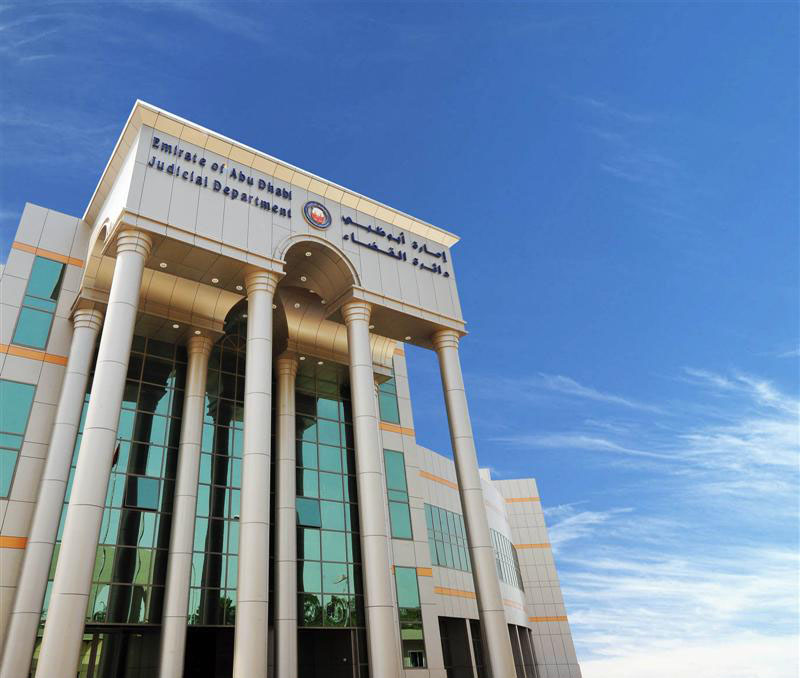On June 22, ADHRB associate Amanda Milani delivered an oral intervention at the 32th session of the United Nations Human Rights Council in Geneva under Item 4. Please continue reading for full remarks or click here to download a PDF.
Mr. President,
Americans for Democracy & Human Rights in Bahrain would like to take this opportunity to call attention to the troubling situation of human rights in the United Arab Emirates. Like its other GCC neighbors, the UAE regularly restricts the rights of both its citizens and non-citizen residents.
In early 2014, then Special Rapporteur on the independence of judges and lawyers, Gabriela Knaul, visited the UAE. Her report detailed ten areas of concern in the UAE’s judiciary that illustrate a systematic failure to meet even basic standards of criminal justice. The UAE regularly practices enforced disappearance for terms of months or even years. The UAE practices widespread torture to coerce confessions, which it then uses to convict individuals on arbitrary charges. Thus was the case for the Emirati economist, Naser bin Ghaith, who was disappeared for over eight months in the UAE’s system of secret prisons, after criticizing the government. While detained, bin Ghaith faced repeated acts of torture.
The space for civil society, political opposition and voices of dissent is effectively closed in the UAE. The UAE’s expansive counter-terrorism laws, cybercrimes law, and penal code effectively criminalize all forms of independent criticism or expression in opposition to the government. Human Rights Defenders like Ahmed Mansour have faced serious reprisals. Furthermore, in 2013, 94 individuals were tried in relation to speech critical of the government and belonging to a civil society organization. Sixty-nine were convicted, 54 of whom received 10-year sentences.
The kafala system of employer sponsorship and registration continues to serve as the UAE’s official means of regulating the country’s majority population of migrant workers. Workers still regularly experience passport confiscation, withheld wages, debt bondage, and physical abuse while working in the UAE.
With such severe and wide-ranging deficiencies in a number of key areas of human rights, we call on the UAE, as a Member of this Council, to take seriously the recommendations of the Special Procedures and the international community, and commit to wide-ranging and expedient human rights reforms.
Thank you.





